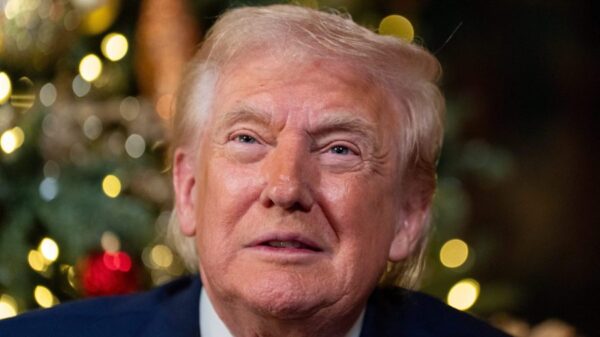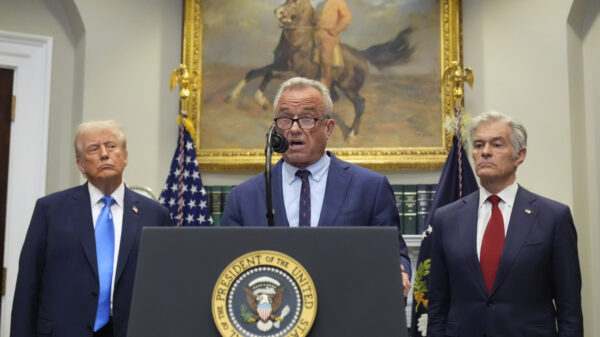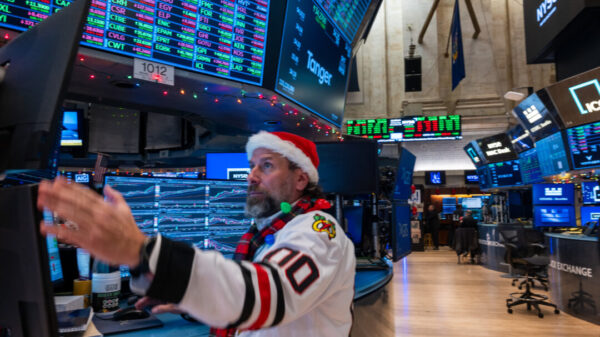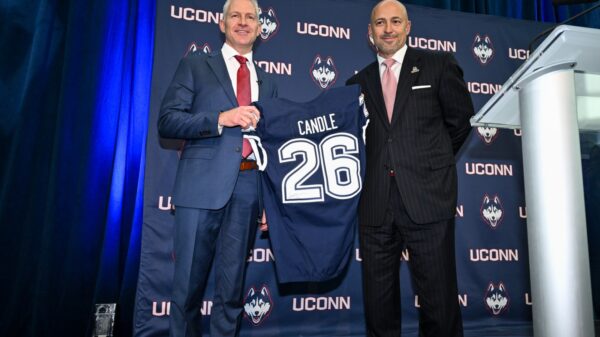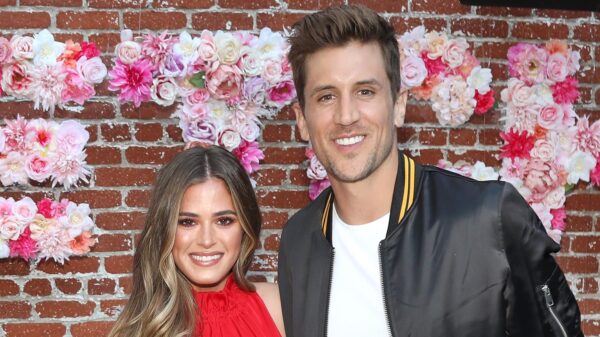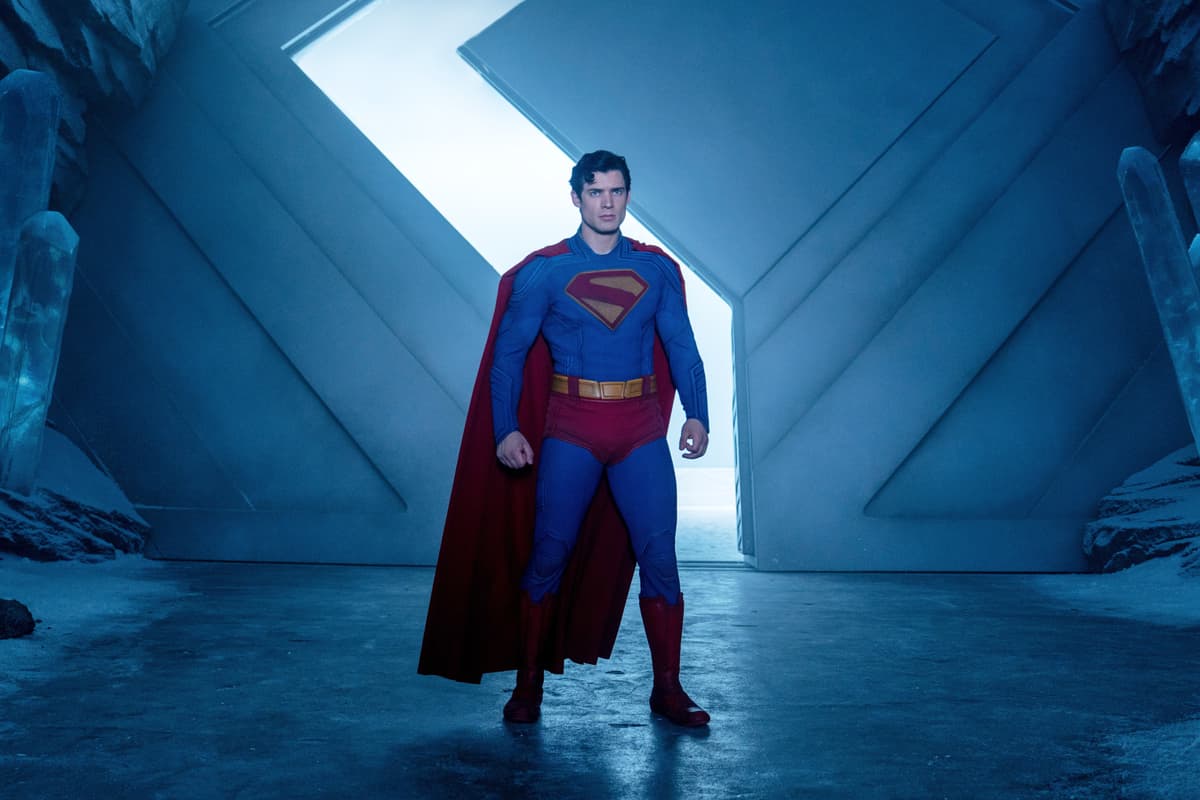“Superman” made its theatrical debut on March 15, 2025, offering a fresh take on the iconic hero amidst growing concerns of superhero fatigue. Directed by James Gunn, this latest film features a story that intertwines elements of politics and personal growth, though it has sparked varied reactions among audiences and critics alike.
Gunn, along with cast members including David Corenswet and Rachel Brosnahan, discussed the film’s themes on the red carpet. Gunn described the titular character as an “immigrant” and emphasized that the film is fundamentally about kindness. This portrayal aligns with Superman’s origin as an alien who embodies ideals of compassion and heroism, a concept that resonates with audiences today, even as it reflects a changing cultural landscape.
The film represents the third cinematic iteration of Superman in just over two decades. It aims to balance the traditional values associated with the character—such as “truth, justice, and the American way”—with contemporary themes. In a nod to Superman’s past, the film highlights his status as a refugee who arrives on Earth, a narrative that has evolved since the character’s creation during the Great Depression.
In his role as Superman, Corenswet delivers a performance that showcases his character’s humanity. He grapples with self-doubt and the pressures of social media, illustrating that even a hero can feel flawed. “I screw up all the time, but that’s being human, and that is my greatest strength,” he tells Nicholas Hoult, who plays the villainous Lex Luthor. This dialogue encapsulates the duality of Superman’s character—an alien with extraordinary powers who still faces relatable challenges.
Despite its uplifting moments, the film’s execution has received mixed reviews. Some critics argue that the film leans into political undertones too heavily, while others feel it fails to deliver a coherent narrative amid a crowded cast of characters, including Hawkgirl and Green Lantern. Fans may find it challenging to keep track of the numerous metahumans introduced.
As for Luthor, he remains a formidable opponent, but the film’s portrayal of other heroes, who occasionally engage in morally ambiguous actions, raises questions about the overall message. The contrast between Superman’s unwavering ideals and the questionable behavior of his allies can detract from the character’s purity.
Another controversial aspect of the film involves Krypto the Superdog, who, while appealing to younger audiences, is perceived by some as an unnecessary diversion from the main storyline. The film also takes liberties with Superman’s backstory, placing greater emphasis on his adoptive parents, the Kents, rather than his Kryptonian heritage, which may frustrate fans who value the original lore.
Despite its flaws, “Superman” seeks to unite audiences through its core message. According to Sean Gunn, who portrays Maxwell Lord, the film aims to illustrate that “the villainy of Lex Luthor is one thing liberals and conservatives can finally agree on.” This statement underscores an effort to bridge divides through shared narratives, though reactions to this approach will likely vary.
In summary, while “Superman” attempts to reignite enthusiasm for the superhero genre, it faces challenges in balancing nostalgia with modern sensibilities. Whether audiences embrace this latest rendition remains to be seen, but the film undeniably offers a platform for discussions about heroism, identity, and the complexities of human nature.










